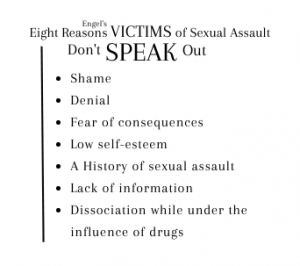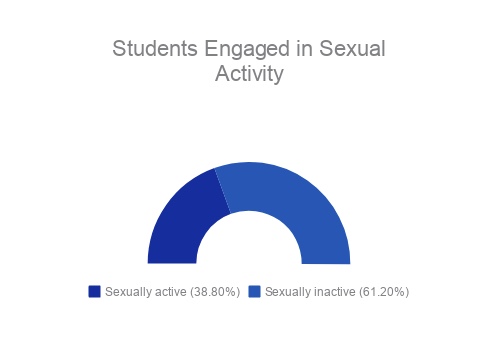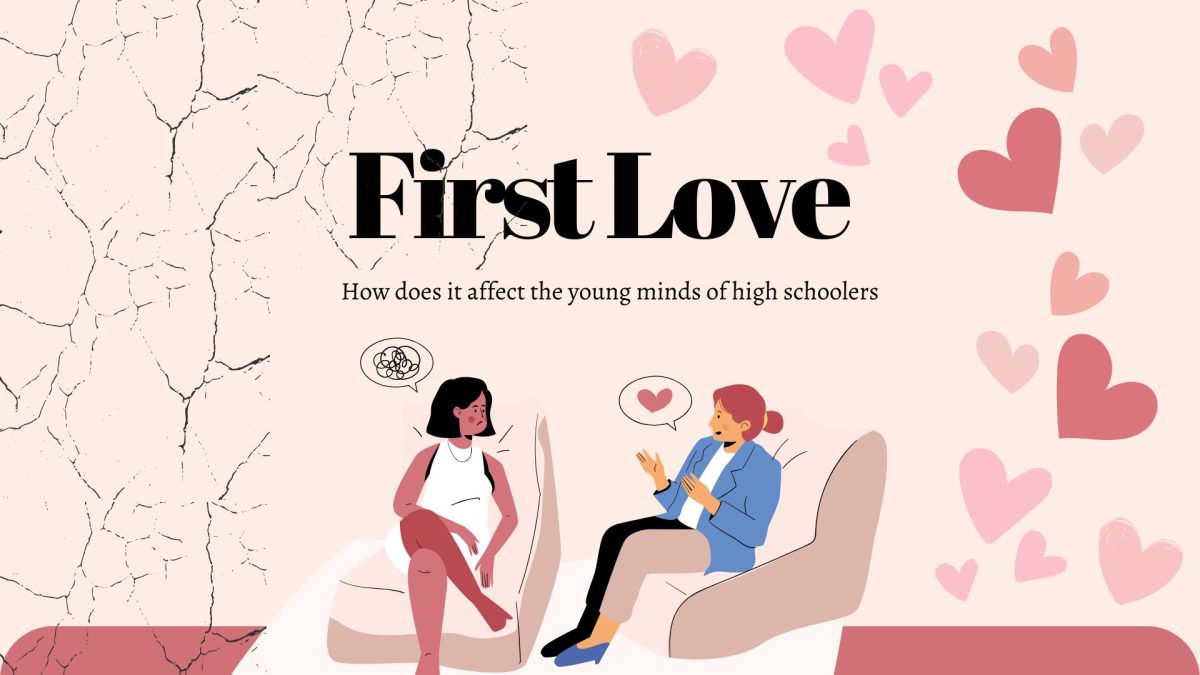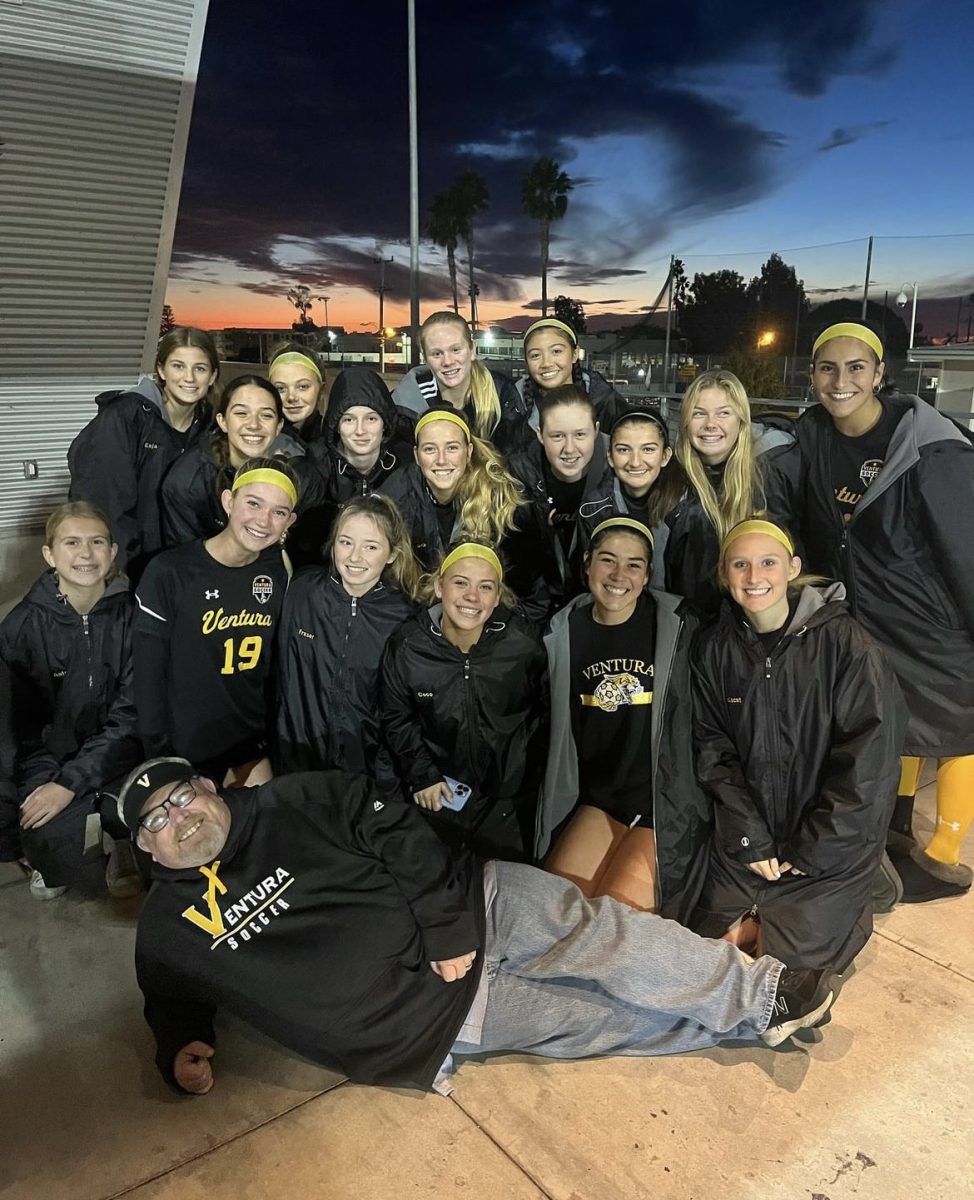38.3 percent of students surveyed at Ventura High School have engaged in sexual activity. Of those, 21 percent of students have done so under the influence of alcohol. A percentage of both of those have experienced or even contributed to non-consensual sex. All sorts of negative effects arise from non-consensual sex: sexually transmitted diseases, unwanted pregnancy, and of course, lots of psychological damage. A sense of justice is often unreachable for the victims.
Generally, people who have suffered sexual assault tend to feel awkward and embarrassed to speak up. One student reasoned, “No one really wants to hear about it I think, and they might think it was all my fault.”

Licensed Marriage and Family Therapist (L.M.F.T) Beverly Engel analyses the reality of this in an article from Psychology Today: “People ask this question every time a high-profile sexual harassment or assault case is reported. [This] seems to have offered fresh opportunities to perpetuate victim blaming. It is amazing how many people shift the blame onto alleged victims.” “Fault” is almost half the reason people are afraid to talk about it. Victims feel overwhelming degrees of guilt and are worried they will be blamed and sometimes they are, according to Engel.
One student at VHS seems to have a similar view: “Victim blaming happens all the time, and they may be scared… It’s a very traumatic experience and [victims] might not want to have to relive it all time with everyone knowing about it,” said junior Talia Walsh.
In recent years in Hollywood, record numbers of actors have come forward about inappropriate interactions from casting directors, co-stars, and just about everyone they work with. The confusing part for some people was why they all came out at the same time.
The New Yorker’s Ronan Farrow, who followed the Harvey Weinstein scandal, stated, “In the course of a ten-month investigation, I was told by thirteen women that, between the nineteen-nineties and 2015, Weinstein sexually harassed or assaulted them.”
The most logical explanation for this is safety in numbers. For one woman to successfully bring down one of the most powerful men in the industry would seem near impossible, which, in addition to the reasons stated above, is likely why it took so long for the truth to come out. And when it did, everyone jumped at the opportunity.
Problems like these bring into question feelings of self-worth for everyone. Why me? Do I somehow deserve this?
“Nobody deserves to feel lower than what they’re actually worth,” clarified sophomore Peyton Redmond, “Nobody should feel as though they have to do anything sexual, and if they’re pushed, they shouldn’t have to face sexual assault. Disgusting.”
Students overall have reached a general consensus–one that is aligned with the actual psychology of the matter: it’s not their fault. Victims feel shame and embarrassment, and it will take a long time for them to feel safe and strong enough to come forward.









